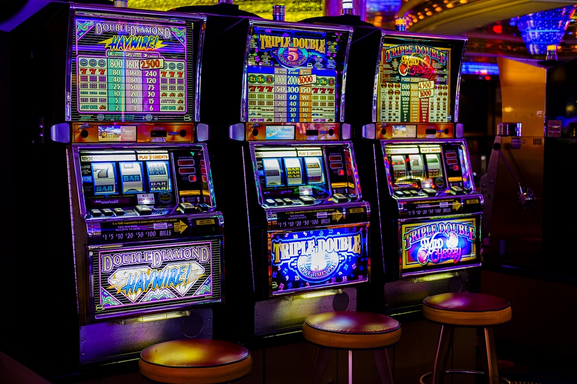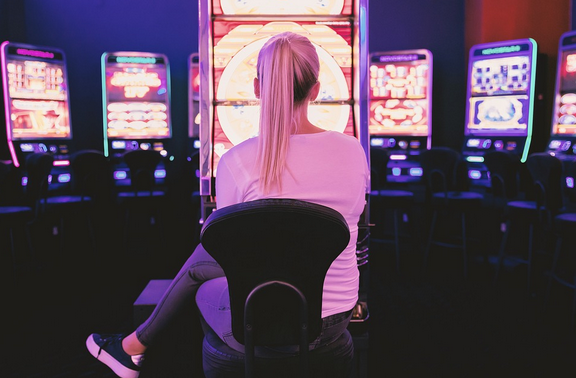The Role of Cognitive Biases in Slot Game Decision-Making

Are you a slot player? If so, it is important to know that when playing slots on สล็อตออนไลน์, our decision-making process is not always rational or objective. Instead, it is heavily influenced by a wide range of cognitive biases that affect our perception, judgment, and choices. In this article, we will explore how these cognitive biases shape the way we make decisions while playing slot games and how being aware of them can lead to more informed and enjoyable gameplay.
The Gambler’s Fallacy

The Gambler’s fallacy is a cognitive bias that leads individuals to believe that past events influence future outcomes in a random game like slot machines. For example, if someone has gone through a losing streak, they may feel that a win is due as the “odds must even out.” This bias can lead players to continue playing in the hopes of a turnaround, even when the odds are against them. By being aware of this bias, players can make decisions based on the actual probabilities and avoid falling into the trap of the Gambler’s fallacy.
Loss Aversion
Loss aversion is the tendency for individuals to feel the pain of losses more acutely than the pleasure of gains. Slot games often leverage this cognitive bias by offering near-misses, where the symbols almost align in a winning combination. These near-misses create a sense of excitement and keep players engaged despite not actually winning. Understanding loss aversion can help players recognize when this bias is influencing them and make more rational decisions based on long-term outcomes.
Anchoring

Anchoring is a cognitive bias that occurs when individuals rely too heavily on the first piece of information they receive when making decisions. In the context of slot games, this bias can manifest when players are presented with information about the potential jackpot or the highest payout. The initial high value anchors their expectations, making smaller wins seem less significant or even disappointing. Being aware of anchoring can help players reframe their expectations and appreciate the smaller victories along the way.
Availability Heuristic
The availability heuristic is a mental shortcut where individuals base their judgments on easily retrievable examples that come to mind. In the context of slot games, this bias can lead players to overestimate the frequency of winning or the likelihood of hitting a jackpot based on vivid memories of past wins or stories of others winning big. By recognizing the influence of the availability heuristic, players can make more realistic assessments of their chances of winning and avoid making impulsive decisions based on biased perceptions.
Cognitive biases play a significant role in the decision-making process while playing slot games. The Gambler’s fallacy, loss aversion, anchoring, and availability heuristic are just a few examples of biases that can shape our choices and impact our overall enjoyment. By understanding these biases and being aware of their influence, players can make more informed decisions, manage their expectations, and approach slot games with a clearer mindset. Ultimately, a conscious understanding of cognitive biases can lead to a more enjoyable and rewarding experience with slot games.
